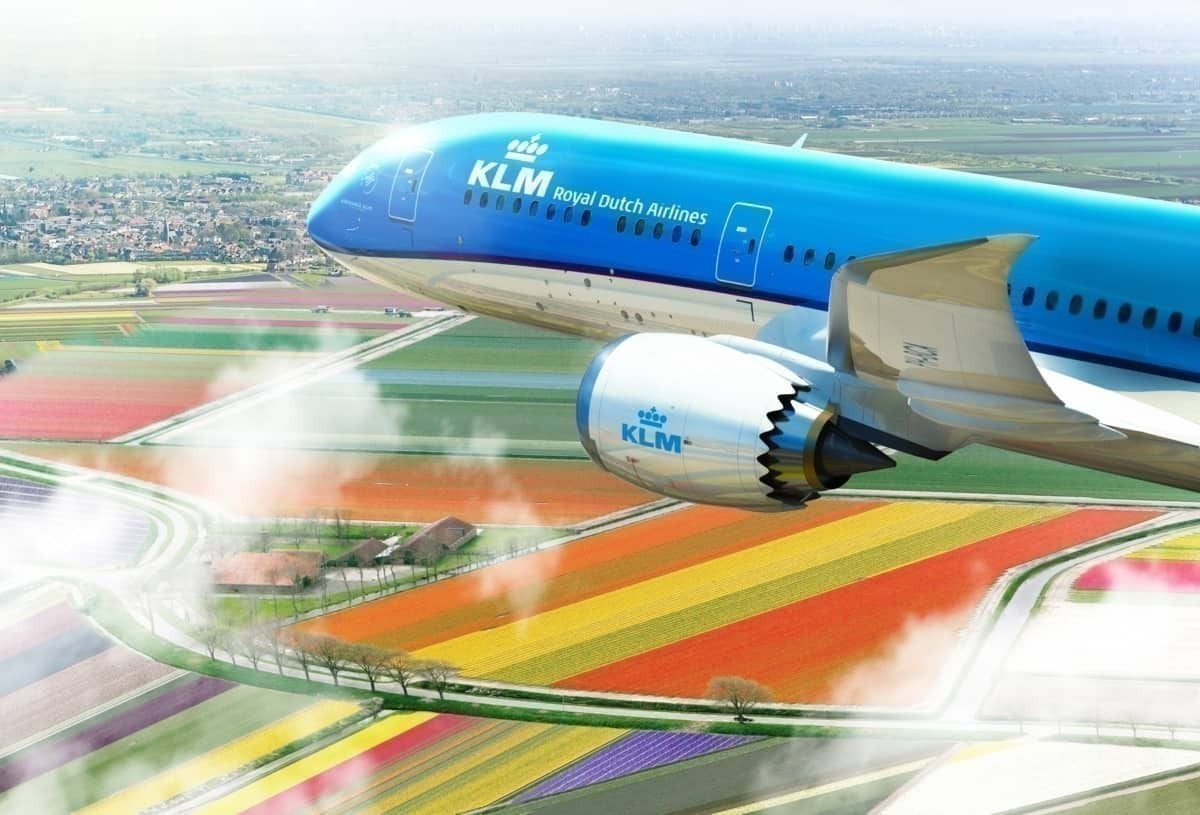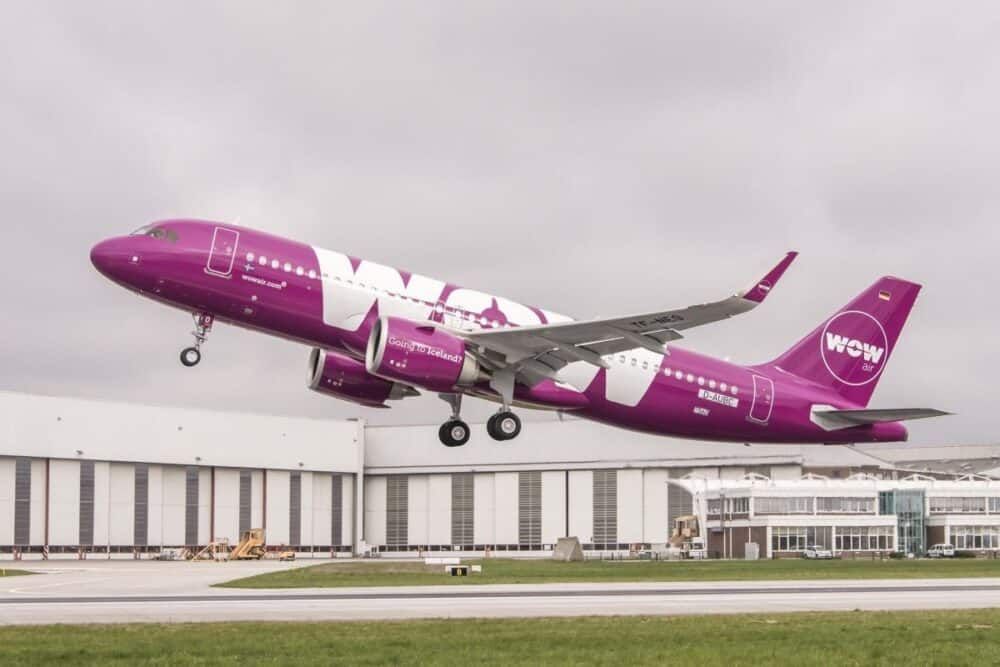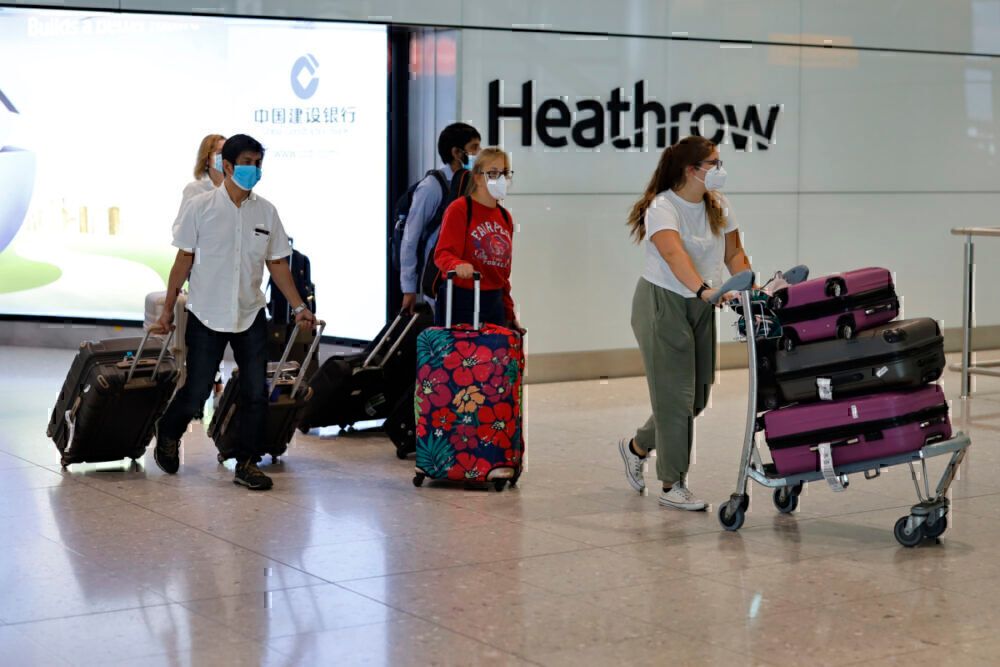CEO of KLM, Pieter Elbers, spoke at the recent World Aviation Festival about the shape of aviation’s recovery, particularly in Europe. The aviation veteran believes consolidation is inevitable, but also that more collaboration is required to form a global response to this worldwide crisis.
Consolidation and collaboration
During the recent World Aviation Festival, CEO of KLM, Pieter Elbers, spoke about his views on how aviation would emerge from the crisis. He was clear that two things were required in order to get back on track, and those things were collaboration between airlines, and the inevitable consolidation of the industry. He said,
“Every big crisis in the industry so far as led to further consolidation. So, my view [COVID-19] would also lead to further consolidation in the industry. The massive recovery trajectory will require also more collaboration between various carriers in order to make sure that we optimize our assets.”
Following the tragic events of 9/11, seven large US airlines declared bankruptcy. These included Delta Air Lines, US Airways, United Airlines and Northwest. Three airlines, including America West, filed for bankruptcy within 10 days of the event. While support from the government prevented some of the larger airlines from failing entirely, the fallout from 9/11 shaped the US aviation market as we see it today.
The result is a leaner aviation industry, with fewer airlines but larger companies. While that in itself can be difficult to manage, it means US airlines are at a much lower risk of further consolidation. Speaking at the same event, COO and President of JetBlue, Joanna Geraghty, said,
“It's very different in the United States. We've already gone through so much consolidation and given how volatile things are right now it's really difficult to see further consolidation in the United States.”
Across the pond in Europe, however, things are very different.
Stay informed: Sign up for our daily aviation news digest.
Overdue for consolidation
The European aviation market has been oversupplied for many years. This oversupply is characterized by intermittent bankruptcies, something that was happening well before the current crisis. Elbers sees COVID as a catalyst to speed up this process, predicting more consolidation in the next couple of years. He said,
“After probably 12 to 18 months of pure crisis management … hopefully there's going to be a stage where consolidation and a further shake out of the industry and further collaboration will take place.”
His take on the recovery was shared by Lufthansa CEO Carsten Spohr, who said,
“Let's be honest, not all airlines will be able to get through this. Not everybody will survive this, and those who will survive this will come out probably as a leaner and more efficient company, eventually.
“I see way too many players in Europe, and I'm sure that some of these will not survive this unique climate, or whatever comes after.”
While the demise of any airline is not a nice thing to think about, it’s almost inevitable that we’ll see the end of further players before the crisis is over. On the positive side, that means the future European industry will be more competitive in the long run.
Working together to solve a global problem
A running theme at the World Aviation Festival was the need to work together to solve this, one of the biggest challenges ever to face the aviation industry. Elbers called for an end to working in isolation, highlighting the need for a worldwide response to what is a worldwide problem. He said,
“It's obvious that that aviation, probably more than any other industry is a global industry and therefore we need … a global approach. We need to have global solutions and global ways of dealing with challenges in aviation.”
Elbers went on to say how he was not only calling for a global response to COVID, but how such an approach would be necessary for other pertinent issues too. He cited, in particular, the sustainability challenge as one that can be solved better together than apart.
And it seems that this collaboration is already beginning to happen. At the same event, CEO of London Heathrow Airport, John Holland-Kaye, commented on the amount of partnership and cooperation that he had experienced as a result of the crisis. He said,
“There is far more collaboration now than there ever has been. We've been doing a lot of collaboration with other airports around the world and airlines, trying to get some of the things we've been talking about moving. I think we're finding that we need to come together to solve some of these global issues and that's, I guess, the nature of aviation.”
While there aren’t many silver linings in terms of the COVID crisis and aviation, we could see the industry emerging more connected, more collaborative and more efficient than ever before. And that has to be a good thing.




